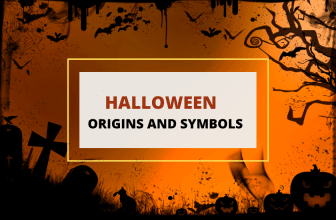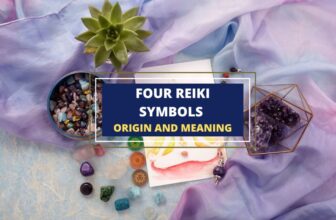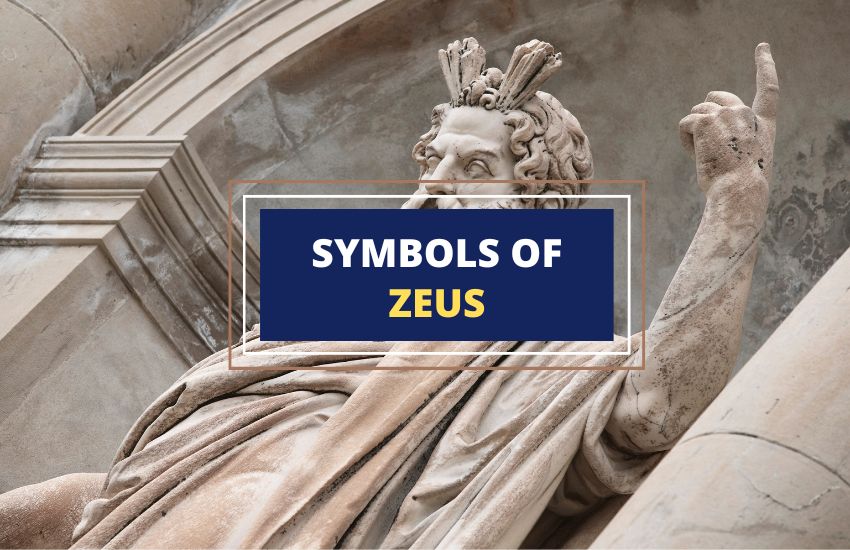
Table of Contents
Zeus, the king of the gods in Greek mythology, is known for his immense power and authority. Throughout history, Zeus has been associated with a number of symbols that represent his strength and dominance. From his iconic thunderbolt to the majestic eagle, these symbols are a testament to Zeus’s power and influence.
In this article, we’ll explore some of the most powerful symbols of Zeus and delve into their meanings and significance.
1. Aegis
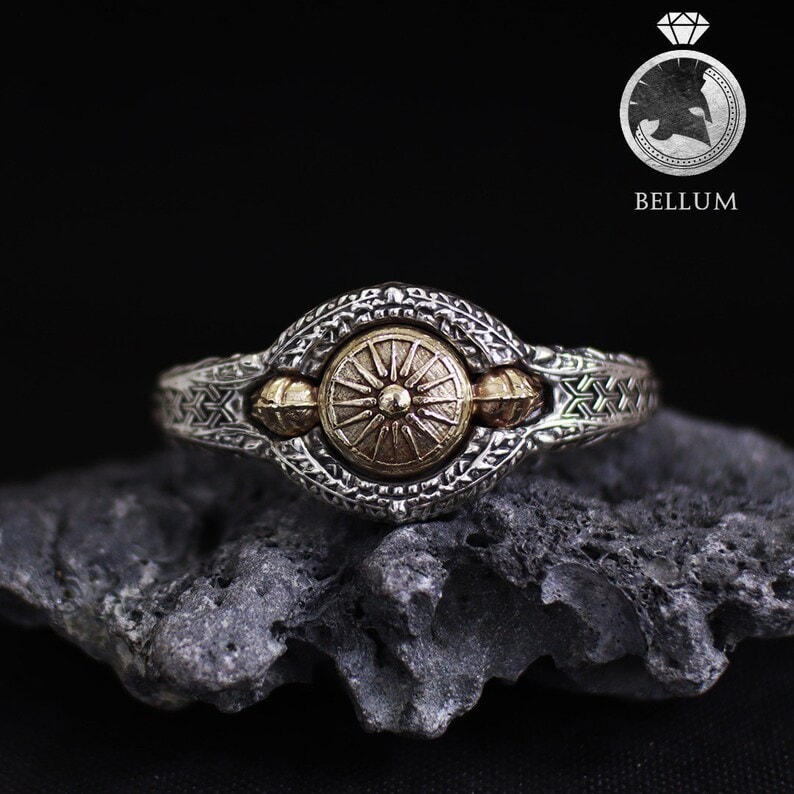
The aegis is often described as a shield or a breastplate made of animal hide, usually that of a goat or a bull. The aegis is said to have been given to Zeus by his mother, Rhea, and was worn by him during battles to strike fear into his enemies.
The aegis was often depicted with the head of the Gorgon Medusa at its center, which was said to have the power to turn people to stone. In addition to being a symbol of Zeus, the aegis was also used by his daughter, Athena, and was seen as a symbol of her own strength and power.
2. Ancient Scroll

The ancient scroll can represent the wisdom and knowledge embodied by the king of the gods. As the supreme deity in Greek mythology, Zeus was a source of divine guidance, providing insights and wisdom to mortals and gods alike. Scrolls, as information repositories, embody knowledge sharing, a trait closely associated with the mighty Zeus.
In modern interpretations, ancient scrolls can remind us of the importance of wisdom and learning. As we seek understanding, the scroll symbol connects us with the timeless teachings of ancient civilizations and their venerated deities like Zeus.
3. Oak Tree

The oak tree, a significant symbol of Zeus, represents strength, endurance, and protection. In ancient Greece, oak trees were considered sacred to Zeus. People believed that the rustling of the leaves was spreading divine messages, offering guidance and wisdom to those seeking answers from the mighty god.
This enduring symbol serves as a reminder of the power and wisdom of ancient deities and the importance of connecting with nature to seek guidance in our lives. The oak tree’s connection to Zeus highlights the god’s multifaceted role in mythology and the natural world.
4. Beard
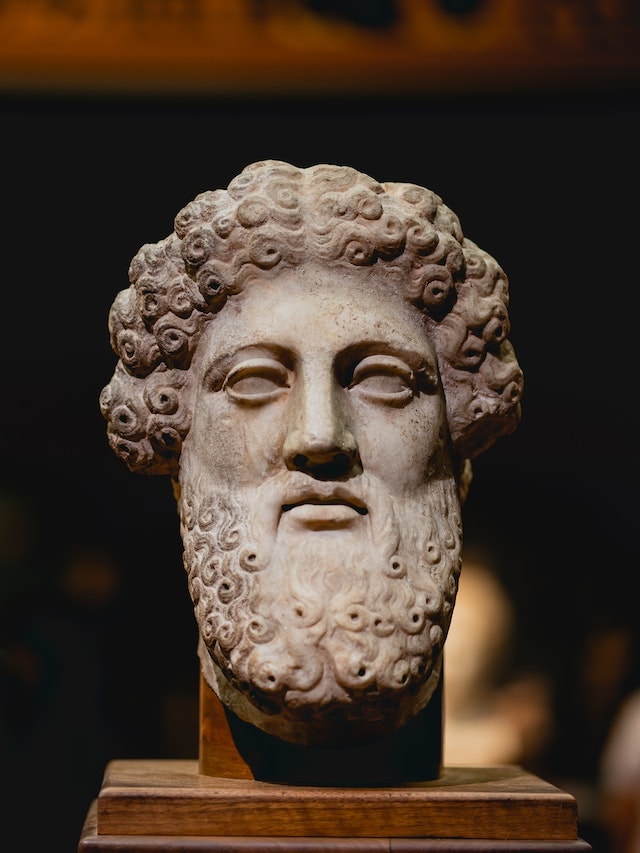
As the king of the gods, Zeus’s aged appearance conveys his status as a seasoned and knowledgeable ruler. The white facial hair, a sign of maturity and experience, embodies the venerable qualities expected of a divine leader in ancient Greek society.
Modern audiences continue to recognize the symbolism of Zeus’s white beard and mustache, which evoke a sense of respect and admiration. These visual elements remind us of the timeless connection between wisdom and age and the enduring influence of ancient deities on our understanding of leadership and authority.
5. Bull
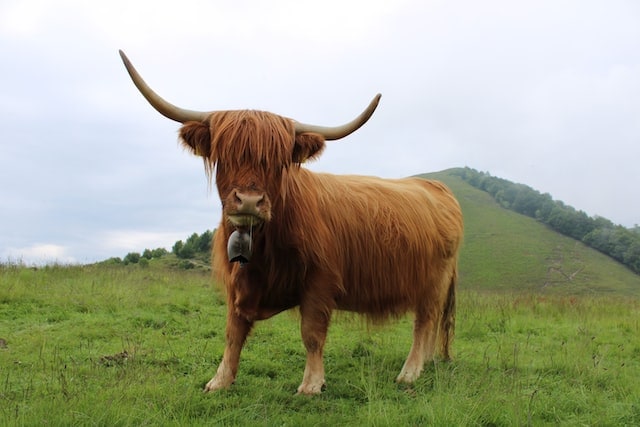
The bull, an emblem of Zeus, signifies the god’s strength, masculinity, and power. The Greek god often assumed the form of a bull to exert his dominance and accomplish his divine intentions.
A well-known example is his transformation into a striking white bull to abduct Europa, a Phoenician princess, highlighting his violent nature and influence.
Contemporary interpretations of the bull as a symbol of Zeus continue to resonate, as they emphasize the god’s imposing attributes and control over the natural world and human destiny.
6. Olympus
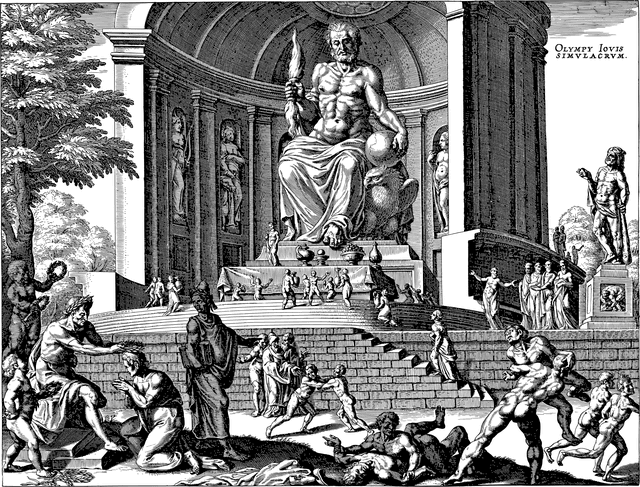
Mount Olympus, the mystical home of the Greek gods, is an iconic symbol of Zeus’s power and authority. As the highest peak in Greece, Olympus embodies the divine status and lofty realm that Zeus occupies. From this celestial vantage point, the king of the gods presides over both the divine and mortal worlds, reinforcing his position as the ultimate ruler.
Today, Mount Olympus continues to captivate our imaginations as the majestic seat of Zeus and his divine kin. This towering symbol of divinity and supremacy underscores the enduring influence of ancient Greek mythology on modern culture, reminding us of the awe-inspiring tales and timeless wisdom that have transcended the ages.
7. Lightning Bolt
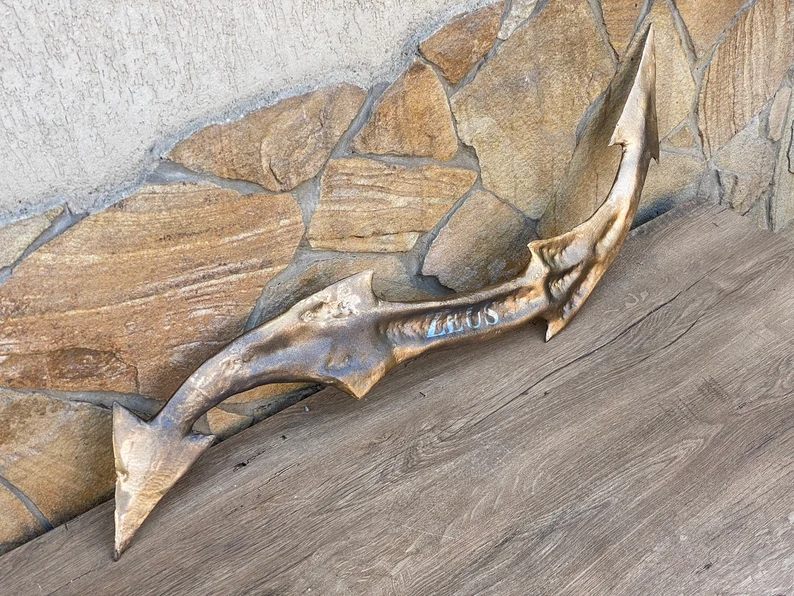
The lightning bolt, a quintessential symbol of Zeus, embodies the god’s immense power. As the ruler of the sky, Zeus wielded control over the elements, often unleashing lightning bolts to assert his dominance and punish those who defied him.
This electrifying image showcases the god’s ability to maintain order and uphold the moral code in ancient Greek society. In modern times, the lightning bolt remains an iconic representation of Zeus’s omnipotent presence.
The symbol captivates contemporary audiences, illustrating the god’s unwavering control over the forces of nature and his decisive role in shaping the course of events in mythology and beyond.
8. Throne
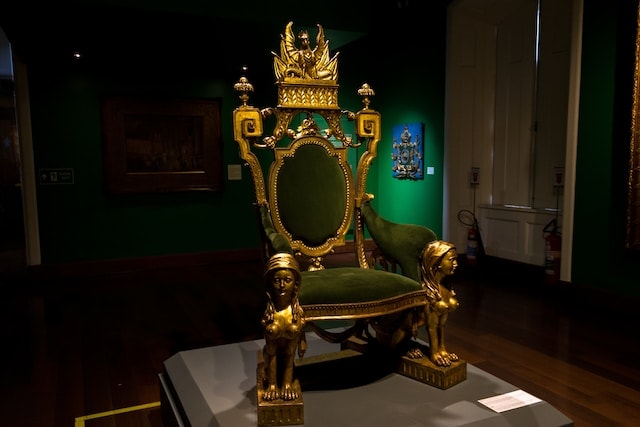
Zeus is often depicted as sitting on a grand throne, which symbolizes his power and authority as the king of the gods. In many ancient texts and artworks, the throne is described as being made of gold or other precious materials, and adorned with intricate carvings and designs.
The throne of Zeus was seen as a representation of the divine order of the universe, with the god ruling over all from his seat on high. As such, the throne was a powerful symbol of Zeus’s status and influence in Ancient Greek culture.
9. Storms
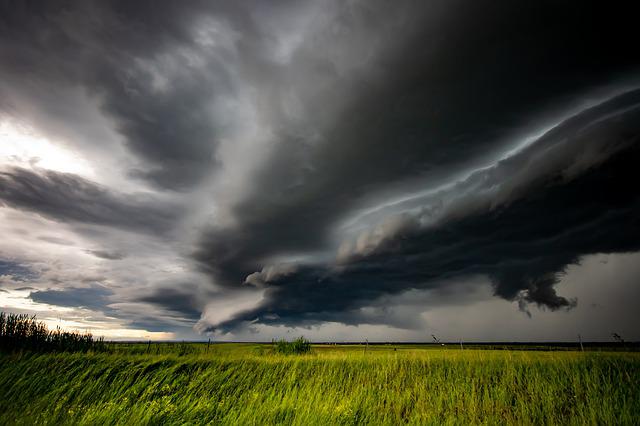
As a symbol of Zeus, a storm exemplifies the god’s dominion over the sky and his capacity to wield the forces of nature. As the supreme deity in Greek mythology, Zeus controlled the weather, often using storms to demonstrate his power or express his displeasure. The explosive fury of a storm captures the god’s formidable presence and ability to maintain order within the cosmos.
The imagery of a storm associated with Zeus inspired awe and reverence. This dynamic symbol emphasizes the god’s commanding influence over natural phenomena. It is also a testament to the relationship between ancient humans and nature.
10. Swans

The swan is considered a symbol of Zeus in Greek mythology, representing the god’s transformative abilities, as well as his connection to love and beauty. Zeus is said to have taken the form of a swan in order to seduce the queen Leda, resulting in the birth of the legendary figure Helen of Troy.
The swan’s elegant appearance and graceful movements emphasize Zeus’s ability to assume enchanting forms in order to achieve his desires. As a symbol, the swan highlights the multifaceted nature of Zeus, and underscores his complex and often unpredictable role in Ancient Greek mythology.
11. Rain

As a symbol of Zeus, Rain showcases the god’s dominion over the sky and his nurturing influence on the natural world. As the celestial ruler, Zeus governed the weather and determined the balance of precipitation, ensuring that life on Earth could flourish.
The life-giving properties of rain reflect the god’s human side, demonstrating his ability to provide sustenance and maintain harmony within the ecosystem.
Rain reminds us of the ancient deity’s vital role in mythology and the natural world. This symbol is an enduring connection to the wisdom and power of the gods, highlighting the importance of balance and sustenance in our lives.
12. Divine Wrath
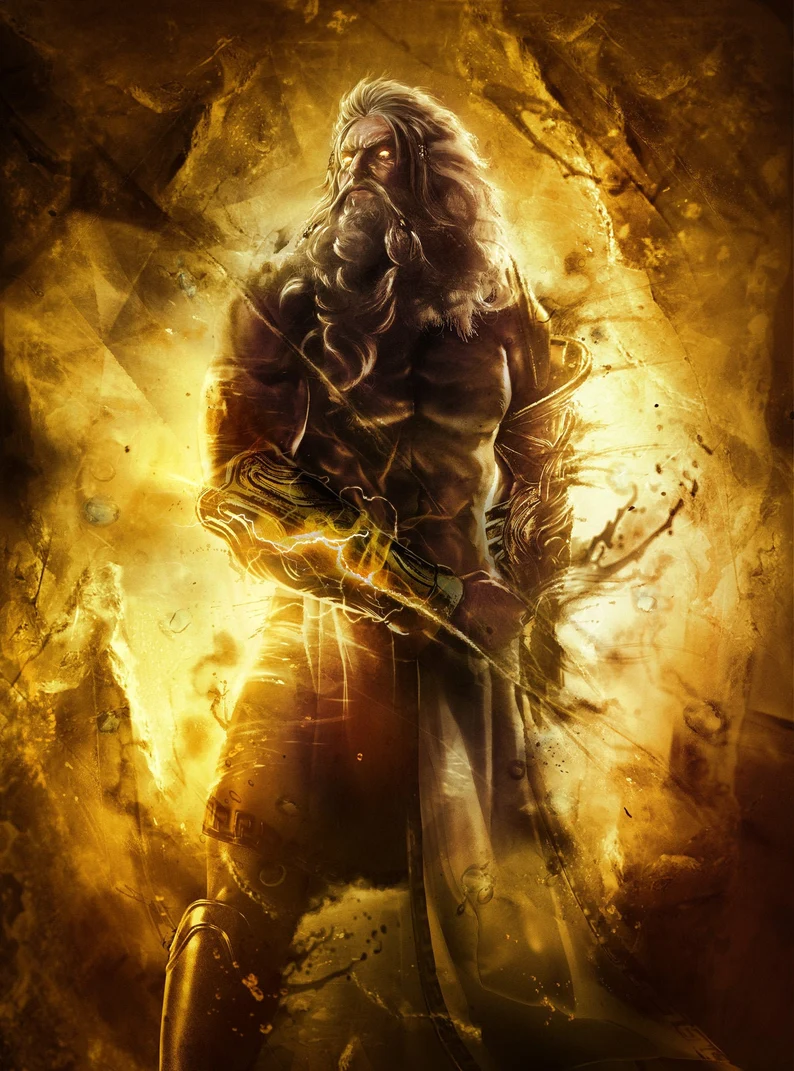
Divine wrath, a powerful aspect of Zeus, exemplifies his role as the enforcer of justice and the punisher of wrongdoings. As the supreme deity, Zeus wielded the ability to control the weather and unleash devastating storms, often using lightning bolts to symbolize his fury.
His wrath serves as a reminder of the importance of justice and the consequences of defying the natural order. This aspect of Zeus’s personality intrigues modern audiences, shedding light on the complex nature of divine intervention in human affairs.
13. Eagle
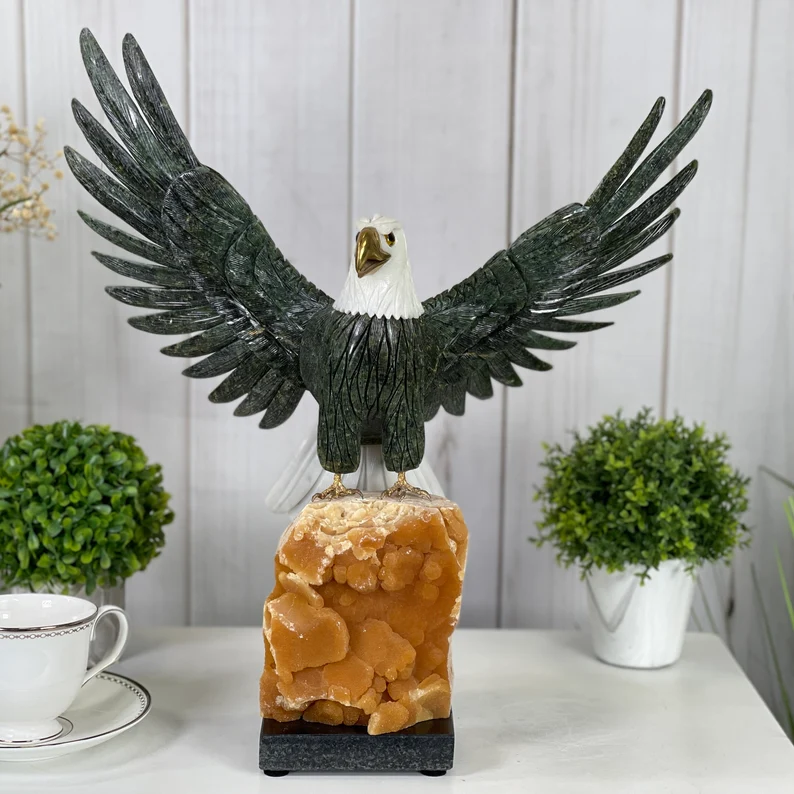
The eagle, a majestic symbol of Zeus, epitomizes the god’s sovereignty, keen vision, and connection to the sky. As the ruler of Mount Olympus, Zeus often sent his faithful eagle to act as his messenger or to carry out his bidding.
This noble bird’s association with the king of the gods highlights its role as a divine emissary and symbol of divine authority.
The eagle’s imagery remains intertwined with Zeus’s omnipotent presence. This iconic symbol illustrates the god’s unwavering influence over the heavens and serves as a testament to the enduring power of ancient mythology.
14. Immortality
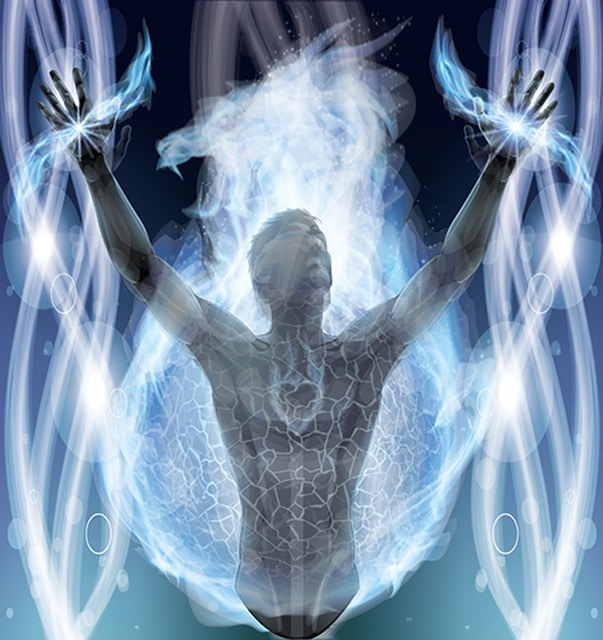
Immortality, a central attribute of Zeus, highlights the god’s eternal nature and supreme authority over the divine and mortal realms. As the king of the gods, Zeus’s everlasting existence signifies his transcendence over the limitations of time and mortality.
This aspect of his character underscores the enduring wisdom and power that Zeus embodies, setting him apart from the mortal beings he rules over. The notion of immortality associated with Zeus serves as a reminder of the lasting impact of ancient mythology on modern culture.
15. Sexual Drive
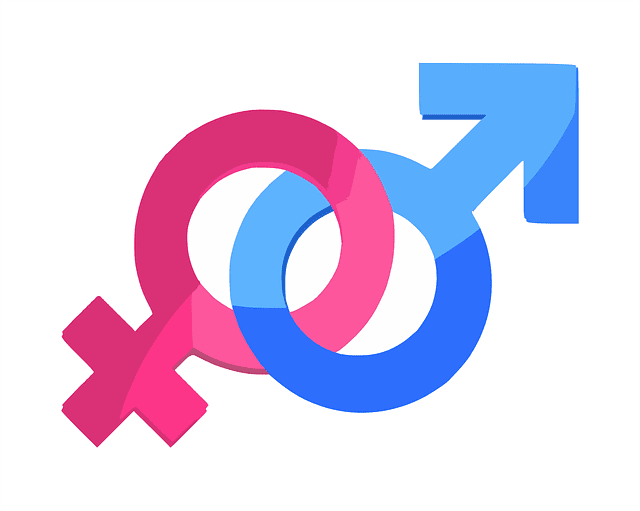
Zeus’s sexual drive symbolizes the god’s sexuality and power, representing his influence over love, procreation, and desire. In Greek mythology, Zeus frequently engaged in romantic and sexual encounters with various partners, both divine and mortal.
These relationships sometimes resulted in the birth of numerous offspring, showcasing Zeus’s fertility and the far-reaching consequences of his actions.
Modern interpretations of Zeus’s sexual drive emphasize the complex and human-like aspects of the god’s character. This symbol reminds us of the multifaceted nature of ancient deities, illustrating their passions and desires that align with and transcend the human experience, adding depth and intrigue to the timeless tales of Greek mythology.
16. Fire

Fire, a symbol often associated with Prometheus, also represents Zeus’s power and control over the natural world in Greek mythology. As the ruler of the sky, Zeus held dominion over lightning, a fiery manifestation of his strength.
Fire’s ability to both create and destroy reflects the multifaceted nature of Zeus’s character and divine duties. It serves as a symbol of his authority and responsibility in preserving harmony in the cosmos.
The connection between Zeus and fire highlights the lasting impact of Greek mythology and the continuing presence of the gods’ influence.
17. The Chariot of Zeus
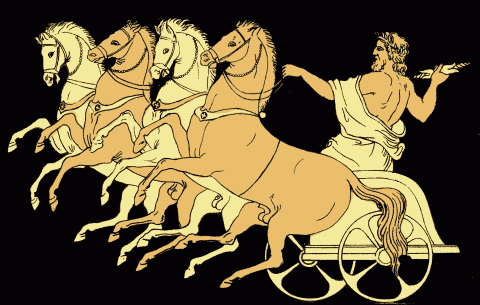
In ancient Greek art and literature, Zeus is often depicted riding in a grand chariot pulled by majestic horses, representing his power and authority as the king of the gods. The chariot symbolizes Zeus’s control over the natural world and his ability to command the forces of nature.
It also underscores his status as a sky deity, since the chariot is often associated with the movement of the sun across the heavens. As a symbol, the chariot of Zeus serves as a powerful reminder of the god’s influence and majesty in ancient Greek culture.
18. Sceptre of Zeus
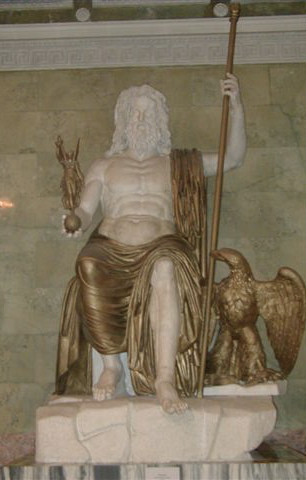
Known as the “scepter of Zeus,” the staff is typically depicted as a tall, ornate rod topped with an eagle or other symbolic object, representing the god’s power and authority over the natural world.
The scepter was an important symbol of kingship and rulership in ancient Greece, and it was often used as a ceremonial object during important events, such as religious ceremonies and diplomatic meetings.
As a symbol, the staff of Zeus represents the god’s ability to command and control the forces of nature, as well as his status as the king of the gods.
The Origins of Zeus
The preeminent Greek god, Zeus, boasts a fascinating and intricate origin tale. Born to the mighty titans Cronus and Rhea, he was hidden on the island of Crete by his mother to protect him from his father, who knew that one of his children would depose him.
Rhea deceived Cronus by feeding him a stone swaddled in a blanket instead of the newborn Zeus. Once grown, Zeus returned to confront his father, sparking the fierce battle between the Titans and the gods. Emerging victorious with the aid of his siblings and the Cyclops, Zeus banished the vanquished titans to the underworld and became the king of the gods.
As a central figure in Greek mythology, Zeus was synonymous with thunder, lightning, and the heavens. Notorious for his numerous romantic encounters with goddesses and mortals, he fathered many renowned demigods, such as Hercules and Perseus. Despite his vast power and might, Zeus was a complex and often flawed character, susceptible to anger and jealousy.
FAQs about Zeus
Zeus is the king of the gods in Greek mythology, and he is often depicted as a powerful figure who wields lightning bolts and controls the weather.
Zeus is responsible for maintaining order and balance in the universe, and he is often associated with themes of justice, law, and authority.
Some famous myths about Zeus include his battles with the Titans, his seduction of various mortal women, and his many adventures in the natural world.
Some symbols associated with Zeus include the lightning bolt, eagle, oak tree, scepter, and bull.
Zeus was one of the most important deities in ancient Greek culture, and his influence can be seen in various aspects of Greek society, including art, literature, and religion. His stories and myths continue to be studied and celebrated today.
Wrapping Up
Zeus’s symbolism in Greek mythology presents a fascinating amalgamation of divine qualities, magnificent powers, and mythical themes. From the thunderbolt and eagle symbolizing his authority and strength to the oak tree and serpent representing his wisdom and fertility, each emblem contributes to the intricate mythology surrounding Zeus.
As the ruler of the Olympian gods and a figure of awe-inspiring majesty, Zeus’s symbolism transcends the physical world, reflecting his multifaceted nature as a deity of the sky, thunder, and lightning.
Similar articles:
Zeus – The King of Gods and Mortals
Zeus vs. Hades vs. Poseidon – A Comparison
Zeus vs Odin – How Do the Two Major Gods Compare?
Famous Children of Zeus – A Comprehensive List






